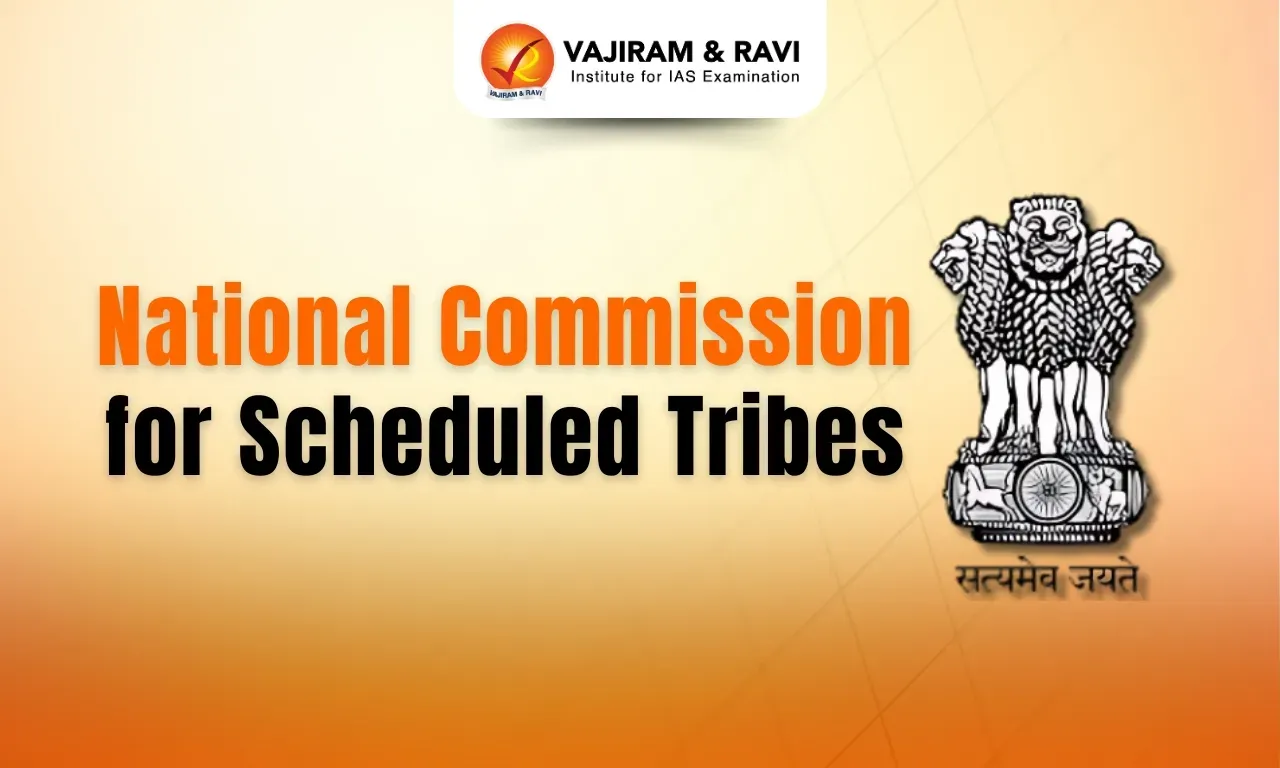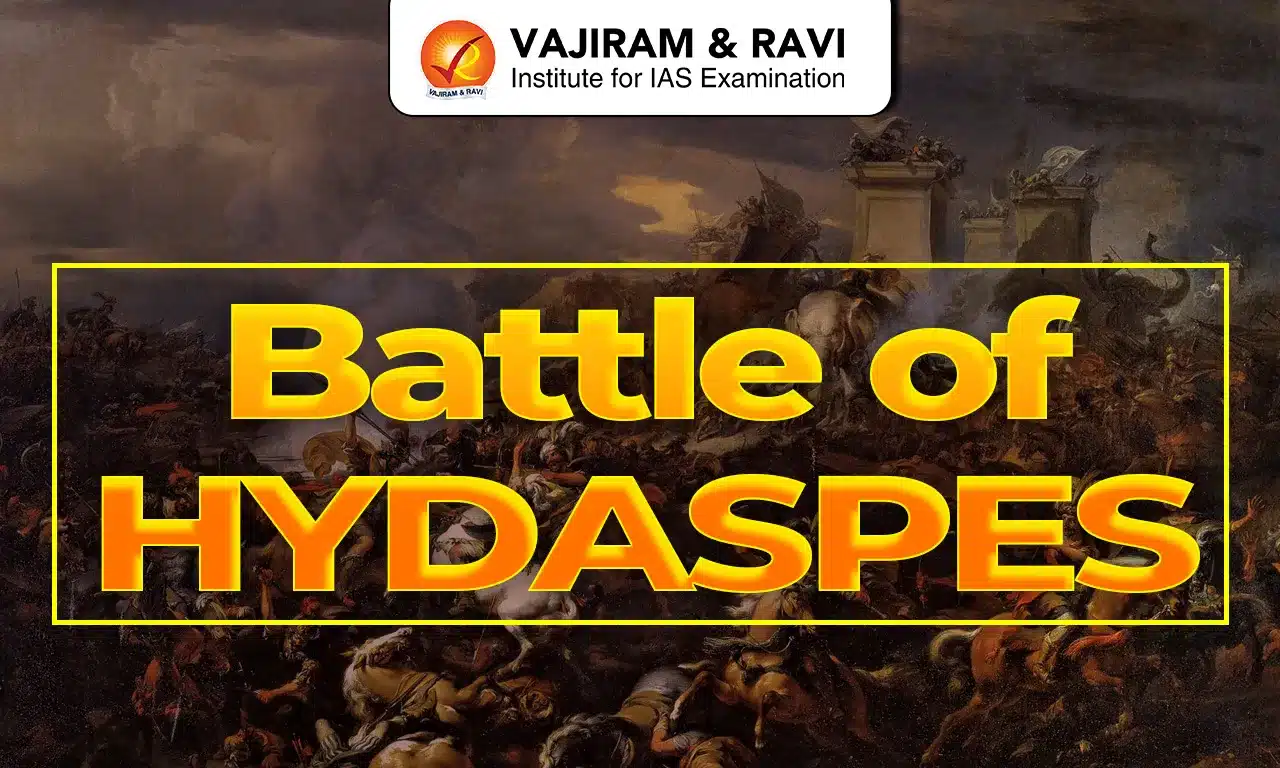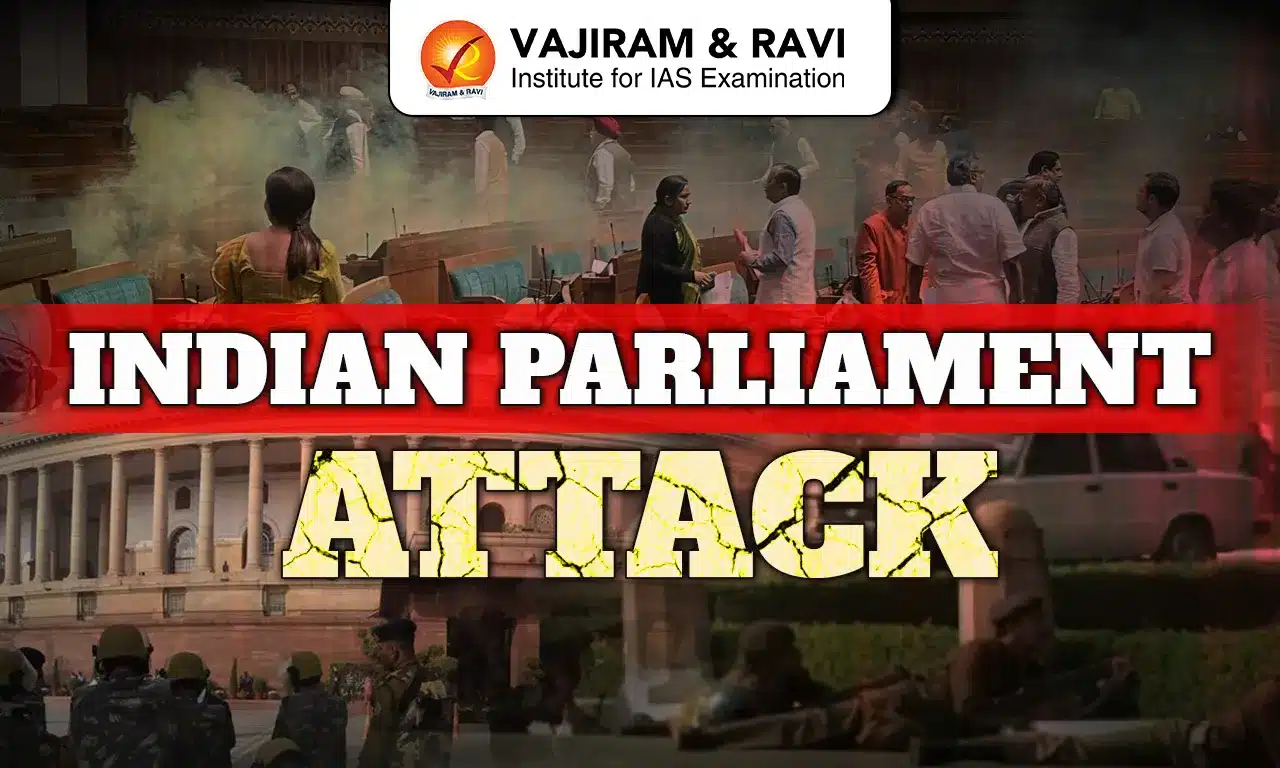The National Commission for Scheduled Tribes celebrates its 22nd Foundation Day in the year 2025. Constituted as a constitutional body, NCST safeguards and promotes the rights of Scheduled Tribes in India. The commission plays the role of advising the government on policies related to socio-economic development of STs and their function of watchdog to ensure justice. In this article, we are going to discuss the functions and powers of the National Commission for Scheduled Tribes.
NCST Foundation Day 2025
The National Commission for Scheduled Tribes celebrates its 22nd Foundation Day this year, working towards the welfare of Scheduled Tribe communities. The day included the discussions about the monitoring of Forest Rights Act, promotion of Eklavya Model Residential schools and the Particularly Vulnerable Tribal Groups. The NCST Foundation Day 2025 also focuses on the tribal community and their developmental progress, entrepreneurship and skill development showing the commitment towards social justice and holistic growth.
NCST Overview
NCST stands for National Commission for Scheduled Tribes and is central to the government’s effort towards empowering and uplifting the Scheduled tribes across India. The organisation works towards providing the community the benefits from state and central government schemes along with the protection from social discrimination.
| National Commission for Scheduled Tribes | |
|
Constitutional Provision |
Article 338-A |
|
Composition |
Chairperson, Vice-Chairperson, and three other members. |
|
National Commission for Scheduled Tribes Chairman |
Antar Singh Arya |
|
Ministry |
Ministry of Tribal Affairs |
|
Appointment |
Appointed by the President |
|
Tenure |
3 years |
|
Post-Tenure Appointment |
Not eligible for more than two terms. |
|
Reporting |
Annual reports to the President |
What is National Commission for Scheduled Tribes?
The National Commission for Scheduled Tribes is a constitutional body that safeguards and monitors the rights of India’s scheduled tribes. Constituted under Article 338A of Constitution of India, the organisation monitors policies, scheme implementation for the benefits of STs communities and make sure that they receive the right treatment and equal opportunity in the society.
Scheduled Tribes are tribal communities/tribes that are recognised and listed under Article 342 of the Indian Constitution. This article gives the power to the President to notify the communities that are considered Scheduled Tribes based on factors like socio-economic backwardness and cultural distinctiveness.
National Commission for Scheduled Tribes Evolution
The origin of NCST can be traced back to the Indian Constitution’s initial provisions, which evolved over time through key amendments:
- Originally, Article 338 provided for a Commissioner for SCs and STs, responsible for investigating constitutional safeguards and reporting to the President.
- Article 338 was amended to establish a National Commission for SCs and STs, replacing the earlier Commissioner with a high-level constitutional body.
- This amendment led to the bifurcation of the Commission into two distinct bodies:
- National Commission for Scheduled Castes (NCSC) under Article 338
- National Commission for Scheduled Tribes (NCST) under Article 338-A
Finally, in 2004, the National Commission for Scheduled Tribes (NCST) was formally established as an independent constitutional body, ensuring dedicated focus on the rights and welfare of Scheduled Tribes in India.
NCST Power and Functions
The National Commission for Scheduled Tribes (NCST) derives its authority from Article 338A of the Indian Constitution, which outlines its structure, composition, and operational framework:
- According to article 338A, the constitution of India makes it mandatory to form a National Commission for Scheduled Tribes to protect the rights of Scheduled Tribes.
- The President of India is responsible for creation of the commission and the appointment of the members including the Chairperson, Vice-Chairperson and other three members. The President determines the powers and the tenure of their service.
- The NCST Commission also has the power and liberty to regulate its own procedures, ensuring effective and independent functioning.
This constitutional framework empowers the NCST to uphold and protect the rights of Scheduled Tribes across the country.
Composition of NCST
The National Commission for Scheduled Tribes consists of the Chairperson, Vice-Chairperson, and three other members all chosen by the President of India under his/her warrant and seal. One of the members of the committee has to be a woman. At present, the NCST committee has four members, with the position of vice-president being vacant.
Tenure of NCST
All members of the NCST Commission are appointed for a period of three years and cannot be reappointed for more than two terms. During their tenure, the tribal community addresses the grievances, policies and recommendations related to the improvement of the tribal community.
NCST Functions and Duties
The National Commission for Scheduled Tribes has the following responsibilities:
- Implementation of the safeguards and rules of the constitution meant for Scheduled Tribes.
- Addressing the complaints and grievances regarding the rights and problems faced by the ST community.
- Making recommendations and preparing annual reports to improve the rights for STs.
- Making recommendations to the government on improvement measures like educational development, welfare initiatives and socio-economic development.
- Advicing actions to curb practices like atrocities and discrimination against STs.
These duties ensure that NCST actively advocates for the rights and welfare of STs while helping formulate policies that meet their needs.
Powers of NCST
The NCST is vested with substantial powers to safeguard the rights and welfare of Scheduled Tribes (STs). Its key functions include:
- The commission can investigate complaints and make the necessary recommendations when it comes to the rights of the ST community.
- The organisation can make recommendations that impact laws and policies, guiding the ST community towards their development.
- The NCST Committee can demand evidence, examine documents and summon individuals to ensure accountability in cases of rights violations.
- The committee has the power to take disciplinary action against individuals for violating the rights and policies of the ST community.
- The committee makes the reports and recommendation for the ST Welfare that is presented to the President of India who tables these reports in both the houses of parliament.
Last updated on December, 2025
→ Check out the latest UPSC Syllabus 2026 here.
→ Join Vajiram & Ravi’s Interview Guidance Programme for expert help to crack your final UPSC stage.
→ UPSC Mains Result 2025 is now out.
→ UPSC Notification 2026 is scheduled to be released on January 14, 2026.
→ UPSC Calendar 2026 is released on 15th May, 2025.
→ The UPSC Vacancy 2025 were released 1129, out of which 979 were for UPSC CSE and remaining 150 are for UPSC IFoS.
→ UPSC Prelims 2026 will be conducted on 24th May, 2026 & UPSC Mains 2026 will be conducted on 21st August 2026.
→ The UPSC Selection Process is of 3 stages-Prelims, Mains and Interview.
→ UPSC Result 2024 is released with latest UPSC Marksheet 2024. Check Now!
→ UPSC Prelims Result 2025 is out now for the CSE held on 25 May 2025.
→ UPSC Toppers List 2024 is released now. Shakti Dubey is UPSC AIR 1 2024 Topper.
→ UPSC Prelims Question Paper 2025 and Unofficial Prelims Answer Key 2025 are available now.
→ UPSC Mains Question Paper 2025 is out for Essay, GS 1, 2, 3 & GS 4.
→ UPSC Mains Indian Language Question Paper 2025 is now out.
→ UPSC Mains Optional Question Paper 2025 is now out.
→ Also check Best IAS Coaching in Delhi
National Commission for Scheduled Tribes FAQs
Q1. Who is the current chairman of the National Commission for Scheduled Tribes?+
Q2. What is the 89th Amendment Act?+
Q3. Is the National Commission for Scheduled Tribes a constitutional body?+
Q4. What are Articles 338 and 338A?+
Q5. What is IPC 338 and its punishment?+
Tags: National Commission for Scheduled Tribes National Commission for Scheduled Tribes (NCST)

















